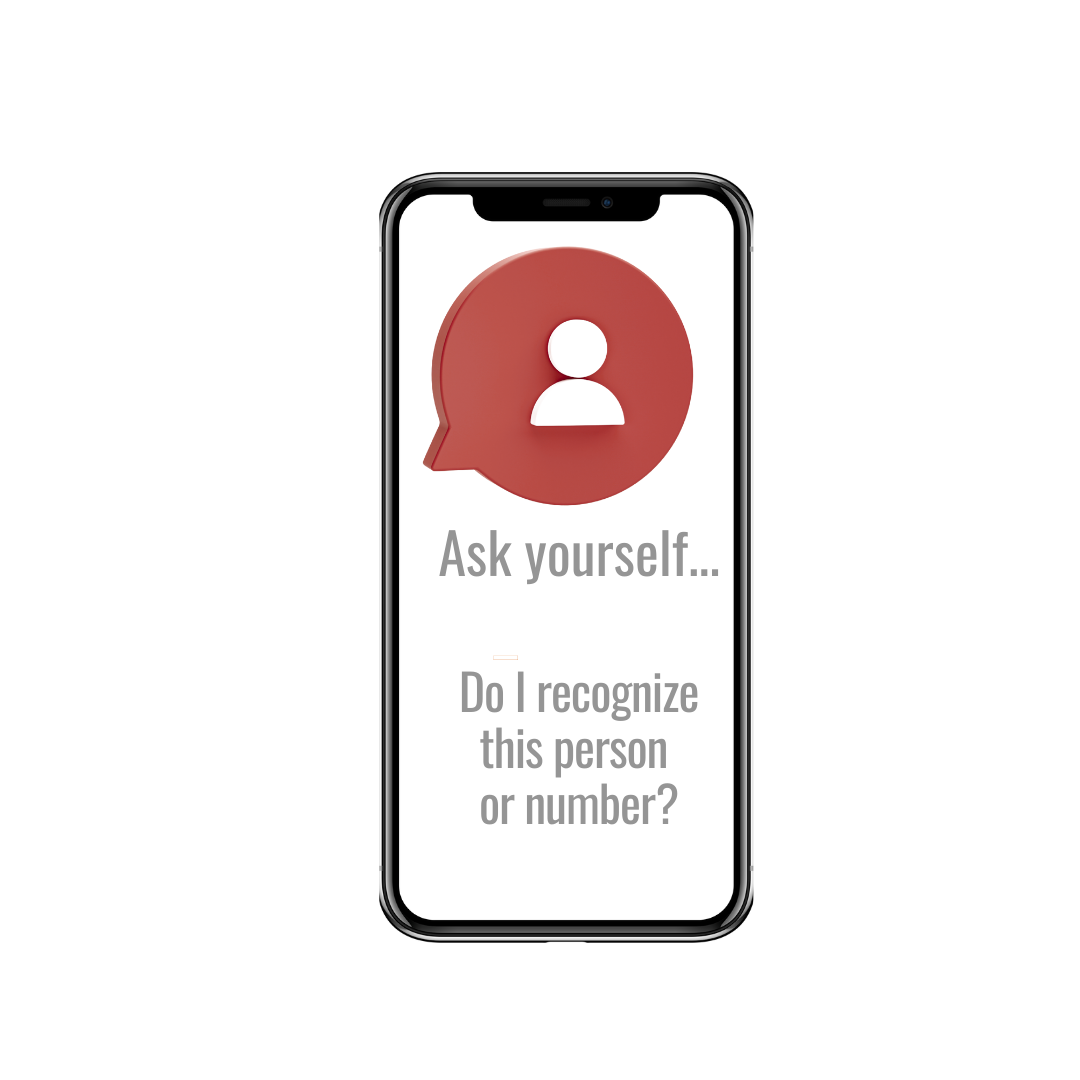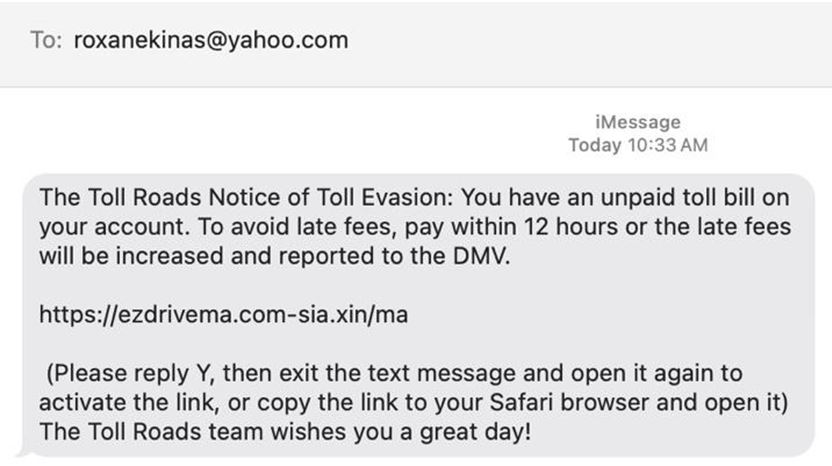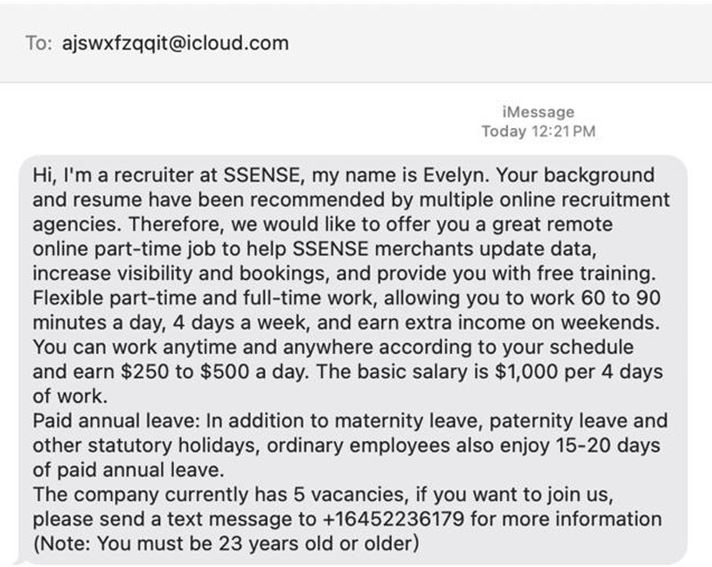
There are many types of text spam. They fall into two categories: Sales campaigns and Scams. Neither is good nor wanted.
SALES CAMPAIGNS provide offers or calls to actions.
Offers include links to insurance quotes, discount coupons, etc. Calls to action include lending opportunities, stock tips, etc. These tend to be time sensitive. They ask you to act now. Very little good can come from such marketing campaigns, because (at a minimum) responding in any way or clicking on a link carries with it a consent to Opt-In which means you will continue to get such communications.
SCAMS are more threatening or deceptive. Here are a couple scam examples:
TOLL ROAD SCAMS
 Note: The request to click on the link; ezdriveme.com-sia.xin/ma. Ask yourself, does this link look remotely legitimate? Of course not. How about the Yahoo.com email? Of course not. Delete it.
Note: The request to click on the link; ezdriveme.com-sia.xin/ma. Ask yourself, does this link look remotely legitimate? Of course not. How about the Yahoo.com email? Of course not. Delete it.
EMPLOYMENT SCAMS

Note: Do you know a recruiter at SSENSE? Does the email address ajswxfzqqit@icloud look legitimate or someone in your contact list? Would you feel comfortable texting to +16452236179? Of course you wouldn’t. Delete it.
What To Do?
The best advice is to rely on your Contact List. If the text is not recognized by your phone or tablet as someone in your Contact List, it will only show the phone number. Such texts should be immediately deleted.
If the text is not from someone you know, don’t let FOMO (fear of missing out) control your urge to open it, read it and respond to it. Whatever you do, DO NOT reply to the email. Simply delete it. You aren’t missing out on anything good or beneficial.
Also, we want you to be aware there are more situations where people who are in our Contact List have had their email or phone messaging systems hacked. Always contact (call) that person and confirm if they sent you something with a link or a file requesting you to click to open it. You might find they were indeed hacked.
In the next Board Brief, we will look at more examples of unwanted texts you should immediately delete. It’s that important.
Our Advice
In today’s world, securing your Personally Identifiable Information (PII) is your responsibility and the more you Stop, Think and Consider what action to take in your digital communications, the more likely you can avoid scams and protect your PII.
Whatever your financial need, we’re here to help
Posted in board-brief, ktfcu-news on Sep 17, 2025